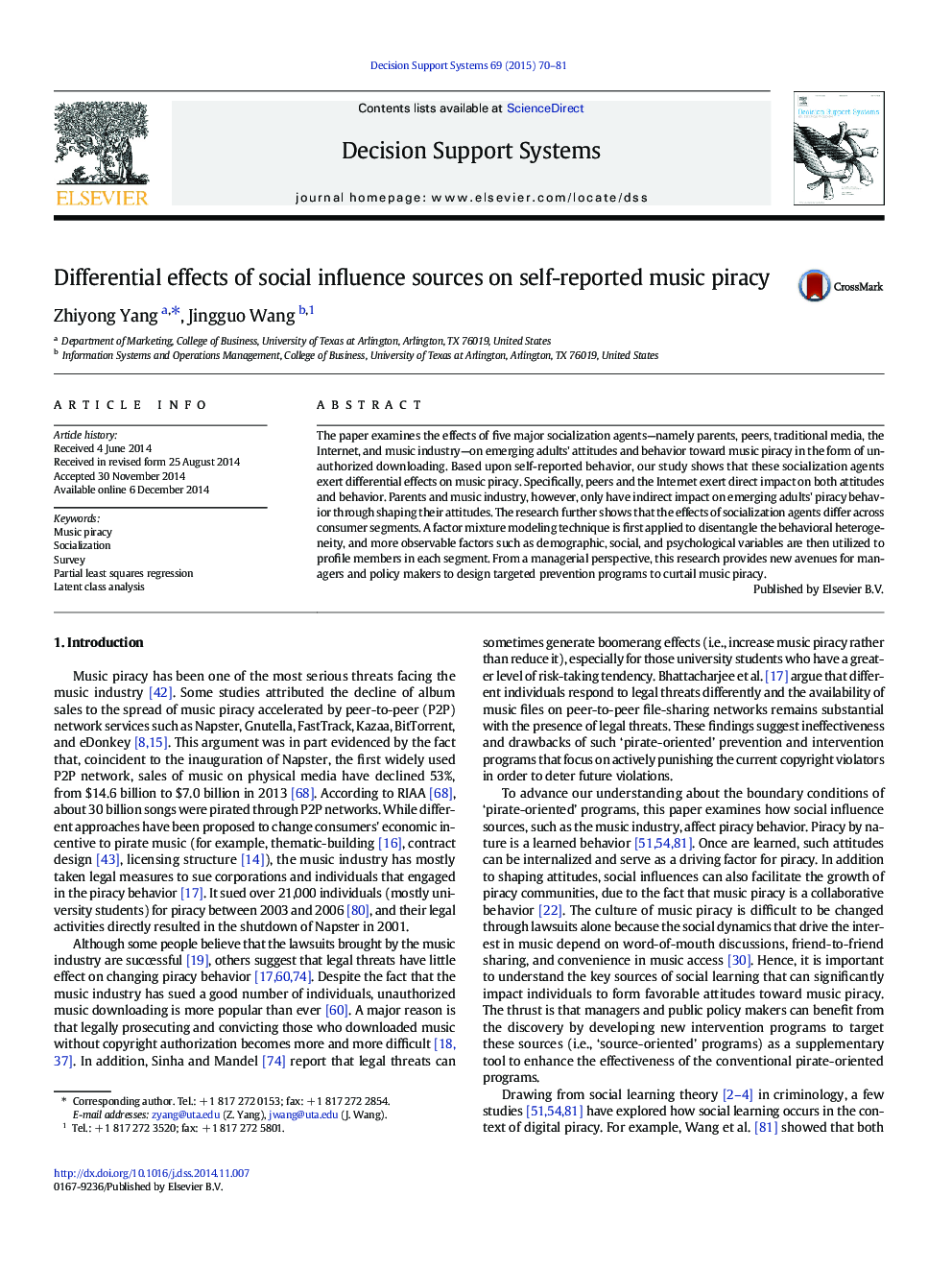| Article ID | Journal | Published Year | Pages | File Type |
|---|---|---|---|---|
| 5827079 | European Journal of Pharmacology | 2015 | 12 Pages |
Abstract
Immunosuppressants are widely used for treatment of T cell-mediated autoimmune diseases and allogeneic graft rejection. However, because of the toxicity and tolerance of these drugs, novel immunosuppressants are urgently needed. We synthesized a series of novel water-soluble benzothiazole derivatives and found that BD926 [sodium 2-(benzo[d]thiazol-2-yl)-4,5,6,7-tetrahydro-2H-indazol-3-olate] had potent immunosuppressive activity. Treatment with BD926 significantly inhibited anti-CD3/anti-CD28 and alloantigen-induced human T cell proliferation as well as IL2-stimulated activated T cell proliferation in a dose-dependent manner in vitro. BD926 had no obvious cytotoxicity against human resting T cells, IL-4 treated activated T cells and fibroblast-like synoviocytes in our experimental conditions. Furthermore, BD926 induced cell cycle arrest at G0/G1 phase and inhibited the cyclin D3 and CDK 6 expression in activated T cells. BD926 inhibited the STAT5, but not Akt and p70S6K, phosphorylation in a dose-dependent manner in the IL-2-treated activated T cells. Interestingly, BD926 inhibited IFN-γ, IL-6 and IL-17, but not IL-2, IL-4 and IL-10, production in activated T cells. Finally, treatment with BD926 reduced delayed-type hypersensitivity in mice in a dose-dependent manner. Collectively, these data suggest that BD926 may be a lead compound for the design and development of new immunosuppressants for the intervention of allograft rejection and autoimmune diseases.
Related Topics
Life Sciences
Neuroscience
Cellular and Molecular Neuroscience
Authors
Yang Liu, Yi Lai, Hua Li, Jin Liu, Xing-Yan Luo, Min-Hui Li, Tai Yang, Yan-Tang Wang, Shu-Xia Yang, Li-Mei Li, Qiang Zou, Zheng-Liang Chen,
